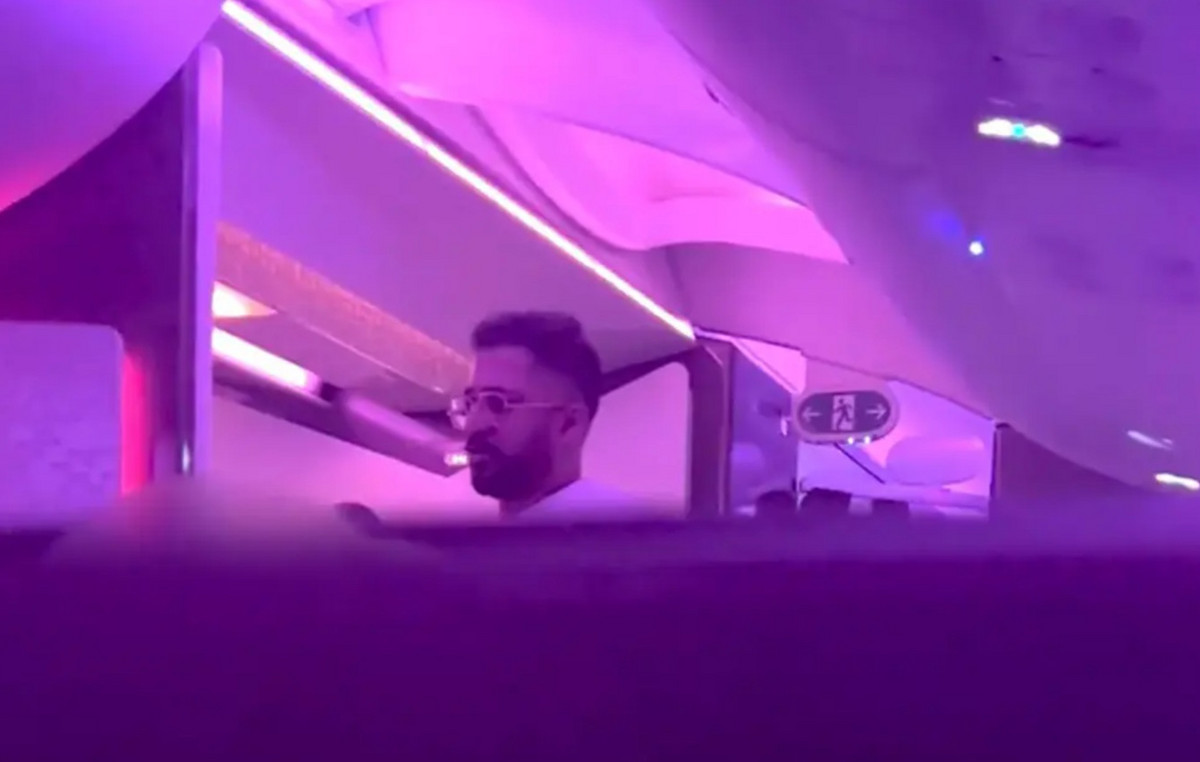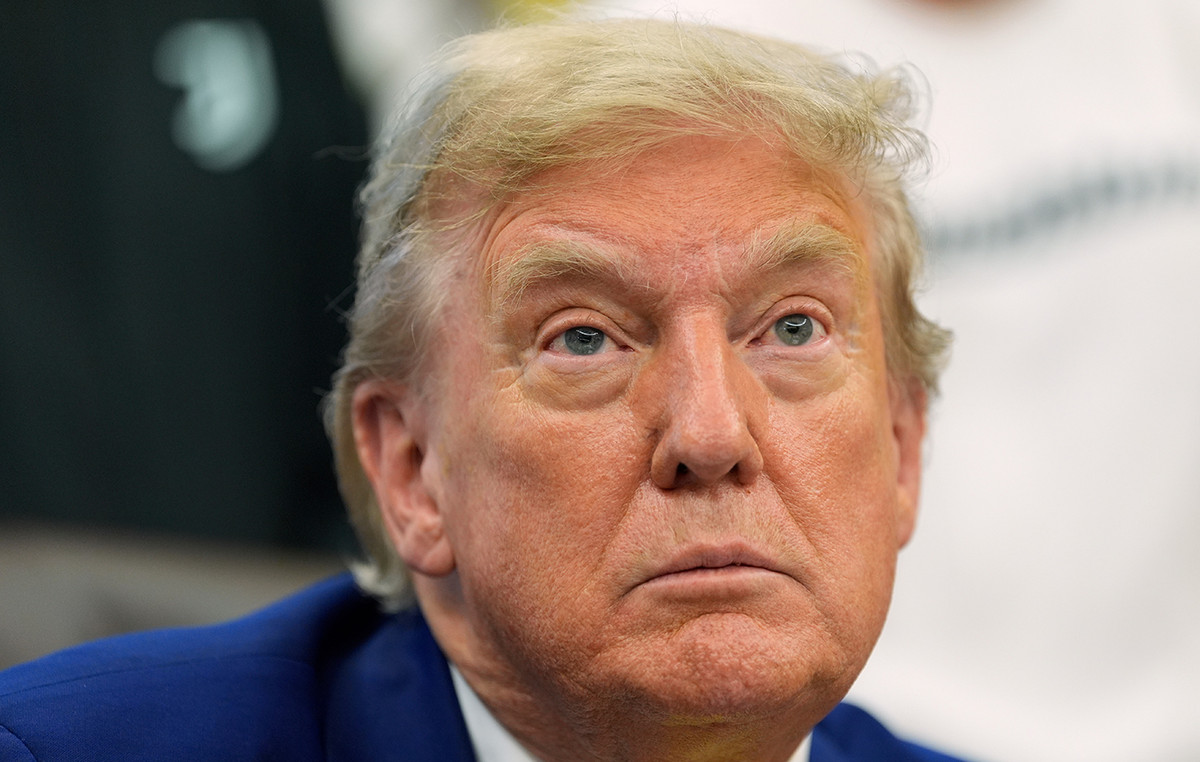From a “scenario of adversity such as education in the pandemic, it was possible to find some positive indicators”. This is the assessment of the director of Strategic Marketing and Educational Services at Moderna Editora, Ivan Aguirra, in an interview with CNN Radio.
Aguirra was responsible for coordinating a survey that reveals the perception of teachers in the Brazilian public network about teaching from the pandemic. The survey, carried out by Editora Moderna, focuses on Elementary 1 and Elementary 2 teachers.
The appreciation of the teaching staff is a first highlight. “The complaint of lack of appreciation of the teacher has always been an essential issue, especially in the public network”, contextualizes the director. “The pandemic did not generate an appreciation movement, but it started a look at the importance of this professional at a time when schools were closed.”
Another point is the involvement of families in the teaching process. According to Ivan Aguirra, “there was a greater movement of family members to understand the political pedagogical project of schools”.
Thus, “over these two years, the role of a school culture was reviewed by Brazil, with different eyes on its importance, especially in the public network, with many families in situations of social vulnerability.”
When commenting on the gap that the pandemic generated in the learning process, Aguirra indicated that “the positive part of this is that we see the beginning of an evaluative culture in public networks”.
For him, “diagnoses such as understanding and remediation strategies, and learning recomposition, are part of a continuing education process. We are all figuring out how to make them.”
In the end, the result is that the teachers’ perception is moving towards more affirmative policies in favor of face-to-face teaching. “Many skills are left out in remote teaching, especially for literacy teachers, who work with the student’s motor side.”
Regarding skills, Ivan said that Portuguese and mathematics are the most cited, but that many others such as “science, history and geography were left behind”, even influencing the development of socio-emotional skills. “It is not a gap to be filled in the short term”, he concludes.
Source: CNN Brasil







